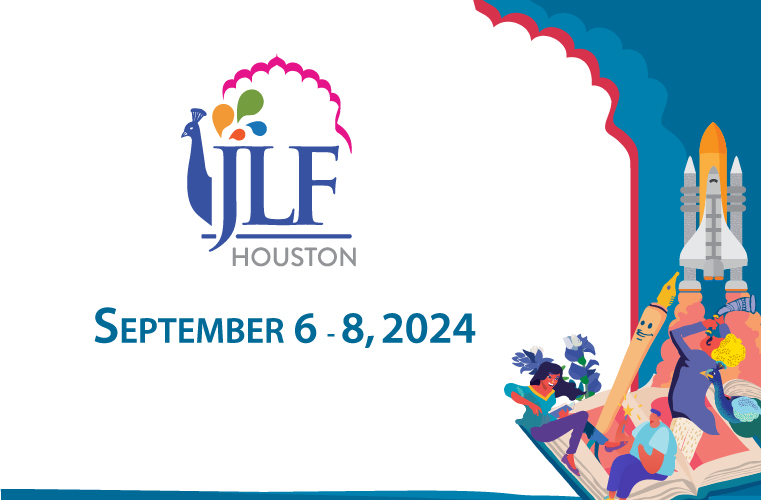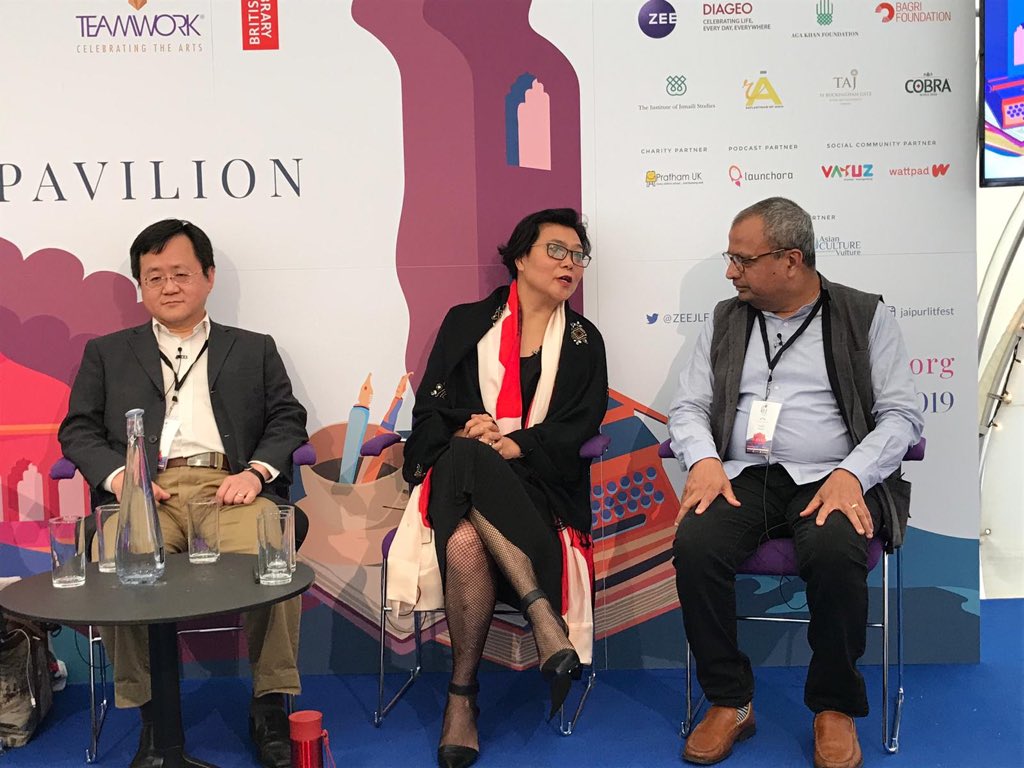


The Elephant and the Dragon Vasuki Shastry, Steve Tsang, Ellen Barry and Lijia Zhang in conversation with Salil Tripathi ,
Salil Tripathi began the session by questioning why discussions about world power and superpower relationships so often overlook the relationship between India and China. Given the impact that this relationship has in the Asia Pacific and more globally, Tripathi noted that such a discussion was extremely important. India and China face many common challenges, such as climate change, and the quest for gender equality and the position of women in society, and so have much to learn from each other.
India and China have different systems of government, and the panel set out to discuss the impact these have had on their respective development trajectories. According to Tsang, the best possible position for achieving human development goals is an authoritarian system with a leadership that gets policies right for the people. This, Tsang notes, is a matter of efficiency. However, the scope for internal policy dialogue at the top of Government is crucial for ensuring that policies work for the people. For China, that space has now narrowed, which leads to a higher possibility for policy mistakes. Tsang noted that this was in contrast to India, where polices are more debated, and implemented more slowly, and the consequences of policy mistakes are less severe.
Barry noted that Modi’s rule has been more centralised and authoritarian, however, this has not been able to deliver the economic progress that had been promised. Comparing India and China, Shastry observed that China has been much more successful in socio-economic terms, particularly in reducing chronic poverty. Shastry also pointed out that there is an informational disparity between India and China, whereby India knows very little about China, but China knows a huge amount about India, in part through Bollywood and the soft power of India.
For Tsang, China’s capacity to tap into its diaspora has been crucial for its economic growth, and China’s technocrats are being trained abroad and bringing back knowledge from abroad. Zhang reported that China was able to lift 800 million people lifted out of poverty. However, the role which the Chinese Communist party played in both keeping people in poverty, or providing the space to allow them to lift themselves out of poverty was debated by the panel. Zhang observed that China has much to learn from India in terms of soft power, and the promotion of cultural heritage, and around issues such as censorship.
Technology is one area in which both China and India are both world leaders. Most people have a phone manufactured in China, with software coded in India. However, both countries have also felt the impacts of technological change. For Barry, the problems of misinformation and changing narratives are seen in the recent Indian election, which showed the narrative changing to a conversation about Hindu nationalism, taking place over Whatsapp or other forms of social media.
China and India have also faced common issues around demographic transition and the role of women in society. Barry noted that there are key discrepancies around the number of women in the workforce, with India only having 27 percent, while China has 70 percent. Zhang suggested this was in part due to the role of the Communist Party in attempting to bring about laws around marriage regulation and gender equality.
While both countries have followed very different development trajectories, there seems much to learn from each other, and all the panel emphasised that much more attention should be paid to the relationship between China and India, both internally and globally.


Leave a comment